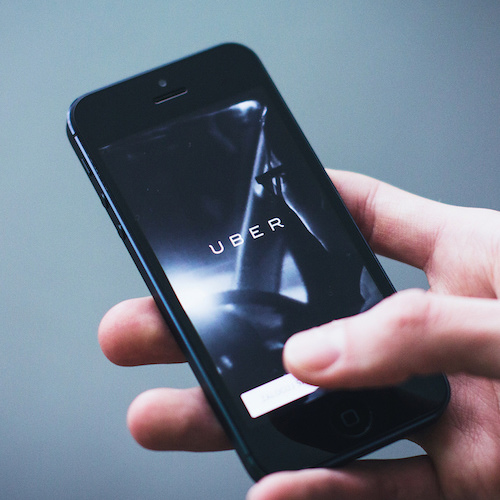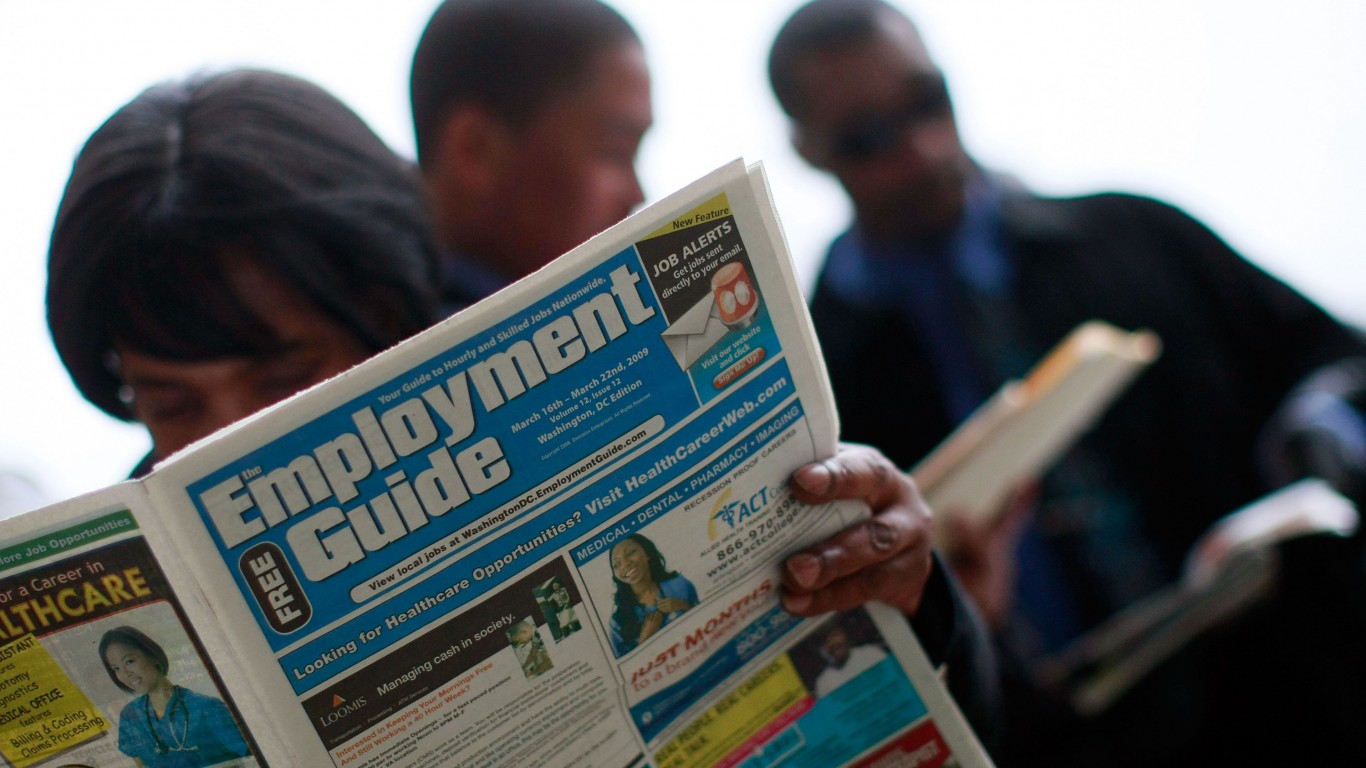
For a while there a couple of years ago, it appeared as though we should all be considering giving up our day jobs and turning to the gig economy, where we could work as much or as little as we wanted and still be happy. Most people did not take advantage of the deal.
While it did get its allotted 15 minutes of fame, the gig economy simply has not made much difference to overall U.S. employment. Economist Laurence Michel published a study last week focused on ride-sharing service Uber that looked at what the company’s drivers earn and just how important to the overall economy the gig economy might be.
The general answer to both questions is, “Not much.” Although a recent ruling by California’s state supreme court has made it simpler for Uber drivers and other participants in the gig economy to be treated as regular workers, that probably won’t make much difference in the life of gig workers. That’s because another recent ruling, this one by the U.S. Supreme Court, allows enforcement of arbitration agreements between companies and their employees. Thus, if Uber requires its drivers to sign such an agreement, the state court ruling could easily be mooted.
On the question of driver compensation, Michel’s study notes that an average Uber driver works just over 17 hours a week and earns gross hourly fares of $22.06. Uber’s commission on that total is 25%, after deducting a booking fee of $1.55. Net of those charges the driver earns $16.55 an hour. After deducting expenses (gasoline, etc.), compensation totals $11.77 an hour.
That’s well short of the average private-sector salary of $32.06 and lower than the average for workers in the lowest paid sector (services like food preparation, janitorial and maintenance) where the average is $14.99. Tips aren’t included in any of the calculations.
So, what about the scale of the gig economy? According to Michel’s calculations, Uber’s compensation for drivers amounts to about one-fifth of 1% (0.022%) of all compensation paid to U.S. workers. And Uber accounts for roughly two-thirds of the total gig economy. That means the gig economy is worth about 0.034% of what all U.S. employers pay all their employees.
As for headcount, Uber accounts for about 90,251 full-time equivalent U.S. workers. That’s a 0.1% slice of all full-time American workers.
Will these numbers grow as rapidly in the future as they have in the past few years? Even if they do, how big a piece of the U.S. job force will they become? If headcount rises by a factor of 10, then 1% of U.S. workers will be employed in the gig economy.
Michel’s full study is available at the Economic Policy Institute website.
Credit Card Companies Are Doing Something Nuts
Credit card companies are at war. The biggest issuers are handing out free rewards and benefits to win the best customers.
It’s possible to find cards paying unlimited 1.5%, 2%, and even more today. That’s free money for qualified borrowers, and the type of thing that would be crazy to pass up. Those rewards can add up to thousands of dollars every year in free money, and include other benefits as well.
We’ve assembled some of the best credit cards for users today. Don’t miss these offers because they won’t be this good forever.
Flywheel Publishing has partnered with CardRatings for our coverage of credit card products. Flywheel Publishing and CardRatings may receive a commission from card issuers.
Thank you for reading! Have some feedback for us?
Contact the 24/7 Wall St. editorial team.


